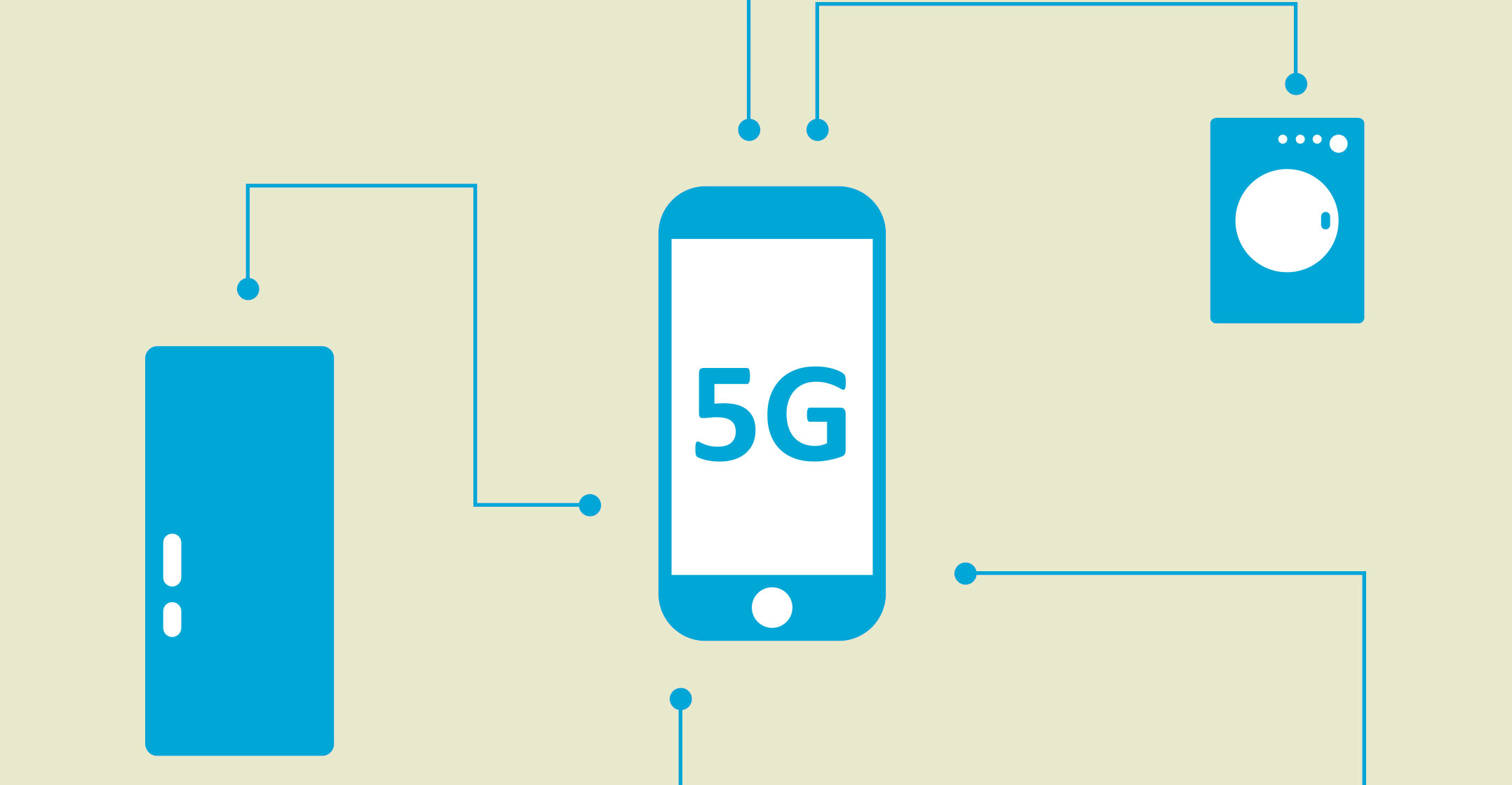 Do you remember 5G? Before the coronavirus consumed all of our attention, the fifth-generation mobile networks were supposed to be the panacea for lagging economies, telecommunications firms, keeping pace with China, autonomous cars, smart factories and plenty more besides.
Do you remember 5G? Before the coronavirus consumed all of our attention, the fifth-generation mobile networks were supposed to be the panacea for lagging economies, telecommunications firms, keeping pace with China, autonomous cars, smart factories and plenty more besides.
Overhyped? Maybe. But 5G will still be an economic boon. And perhaps inevitably, Covid-19 has collided with the roll-out of the new technology, which ultimately depends on four ingredients: popular acceptance and adoption; the ability to install the equipment; access to capital; and the availability of spectrum — the radio frequencies used to transmit the signal that will allow vast gobs of data to be transmitted at lightning speeds.
For now, telecoms companies insist the pandemic will only delay the roll-out by several months. That may be optimistic. Problems with any one of the four factors above could throw things off course, and the current environment has elevated that likelihood. Given their role in dividing up the spectrum and auctioning it, governments have a particular responsibility to ensure they don’t hold up the process any more than is necessary.
Much has been made of the conspiracy theories falsely suggesting 5G contributed to, or even caused, the virus’s spread. They prompted the gloriously terse response from the UK’s telecoms regulator Ofcom: “This is wrong. There is no scientific basis or credible evidence for these claims.”
The falsehoods may still permeate public opinion. Research suggests that even if people don’t believe conspiracy theories per se, they can nonetheless influence their views. So an underlying fear, however unwarranted, could persist that 5G is somehow detrimental to one’s health. That could perpetuate popular opposition to the necessary proliferation of new antennas.
The virus has already disrupted the global supply chain, making it harder to source gear from China in particular. Telecoms equipment maker Nokia said that such interruptions shaved €200-million from revenue in the first quarter, and they continue to be a risk. Lockdowns are also making it harder to install that equipment. Orange chief financial officer Ramon Fernandez said last week that fibre deployment — whose wires connect not just homes but the antennas — will be delayed by the virus.
Huge pressure
Telecoms operators are changing how they spend their money, too. The surge in people working from home has put huge pressure on their existing setups. That means operators are having to reallocate capital in the short term toward making sure their fixed networks are reliable, rather than working to upgrade and install everything that’s needed for the next generation of mobile services.
Even with all that, Nokia CEO Rajeev Suri said he expects the delay will probably only be a “couple of months”, echoing comments from his peer at rival Ericsson, Borje Ekholm. Perhaps the biggest risk to a fast roll-out is the availability of spectrum, which is where governments come in. They dedicate a particular tranche of frequencies to 5G and then auction it off. A slew of those sales have been put on the back-burner by the pandemic. While Germany and Italy have all but finished theirs, other countries, including France, the UK and Spain, are unlikely to auction frequencies until later this year.
With national budgets stretched by efforts to counter the impact of the virus, there will be a temptation to milk those auctions for all they’re worth. That could create a pinch on companies’ finances that makes rolling out the new networks even harder. Italy managed to squeeze €6.2-billion out of its telecoms firms back in 2018; Germany wrung €6.6-billion from Deutsche Telekom, Vodafone Group, Telefonica Deutschland and 1&1 Drillisch.
Economists generally classify networks as “productive” government investments, because they contribute positively to long-term economic output. It would be better for states to foster their new 5G networks by not overcharging for them. Otherwise they risk ceding more ground to China in the race for adoption. In return for more generous auction terms, it would be fair for governments to request an accelerated roll-out.
The virus is already reaping havoc on vast tracts of the economy. Best not to let it damage any more growth. — Reported by Alex Webb, (c) 2020 Bloomberg LP

